‘Work Hard and Never Give up on Your Dreams’
In 2024, over 200 students graduated from the ICEF degree programmes. Joshua Baidoo, a 32-year-old student from Ghana who completed the master’s programme in Financial Economics, shared his experiences, challenges, and future plans with the HSE News Service.
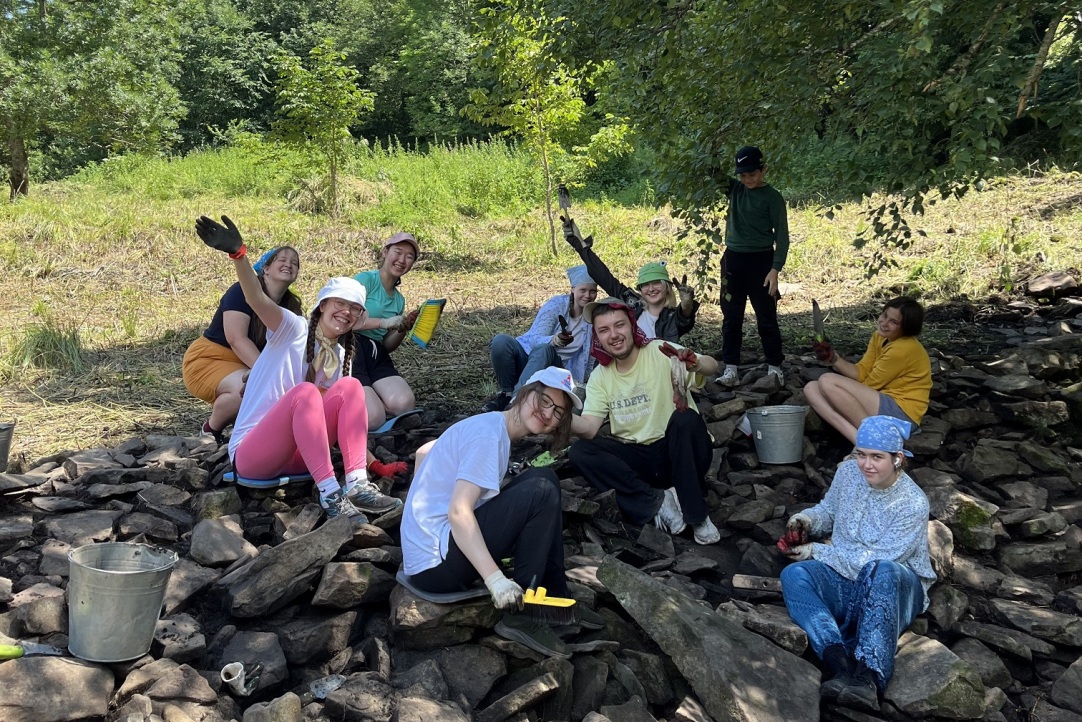
Unearthing the Past: What a Human Fossil Reveals About Origins, Diet, and Stress
On August 15, Russia celebrates Archaeologist’s Day. The HSE Faculty of Humanities offers programmes to master this profession. Archaeology is taught to undergraduate students who wish to major in history, and there is also a Master's programme 'Classical and Oriental Archaeology’ for those who want to continue their studies. In an interview with the HSE News Service, professors from HSE University discuss the benefits of archaeology, why young people are drawn to it, and what modern methods are used in the field.
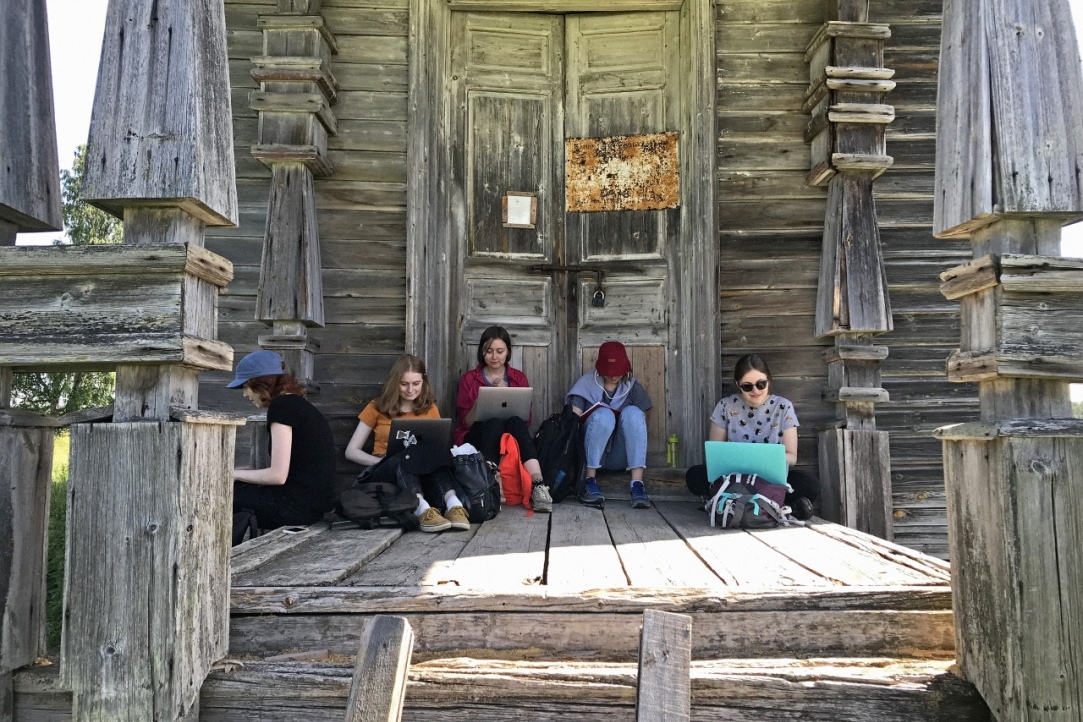
Testing Satellite Communication and Preserving Northern Culture: New Expeditions of ‘Rediscovering Russia’
From May to August 2024, 19 student expeditions took place across 15 regions of the country as part of the third season of the ‘Rediscovering Russia’ project. Currently, 10 more project expeditions are underway. The second stage of the application selection for autumn expeditions began in early August, with submissions open until August 16.
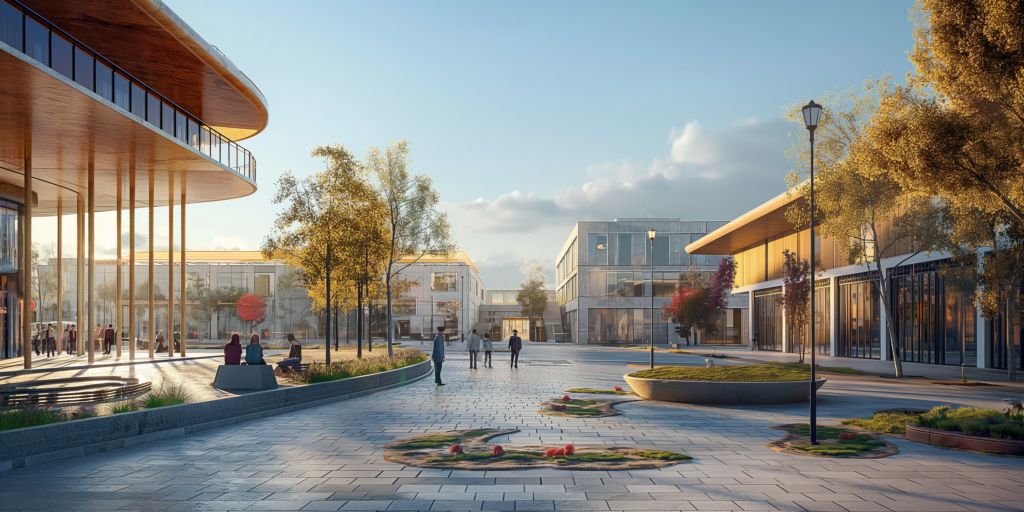
Mongolia’s New Capital: FoURD Team Presents Master Plan in Finals of International Architectural Competition
During the finals of an international competition in Ulaanbaatar, the team from HSE University’s Faculty of Urban and Regional Development (FoURD) and Graduate School of Urbanism presented a master plan for the future capital of Mongolia—New Kharkhorum—to the country’s leadership and the international jury.

'Engaging in Research Is Partly an Art and Partly a Craft'
Vyacheslav Kramkov's research focus is macrofinance, a field at the intersection of macroeconomics and financial markets. In this interview with the HSE Young Scientists project, he explains how economists develop their models, discusses the social dimension of science, and contends that the relationship between the dollar-rouble exchange rate and oil prices is no longer as tight as it once was.
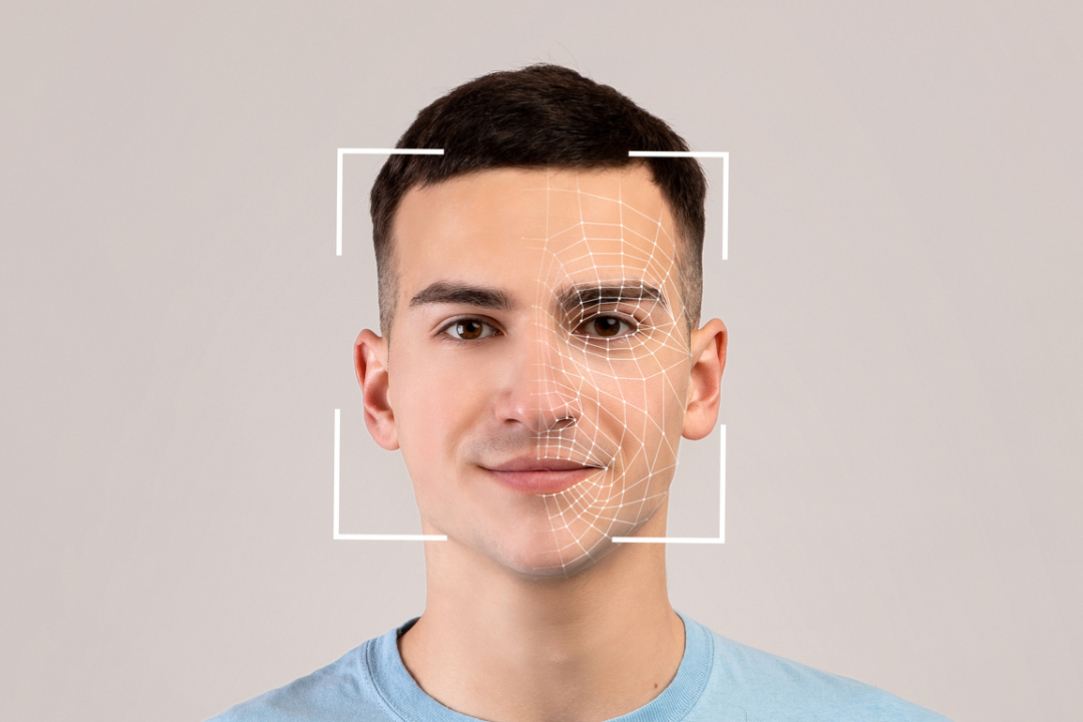
Neuroscientists from HSE University Learn to Predict Human Behaviour by Their Facial Expressions
Researchers at the Institute for Cognitive Neuroscience at HSE University are using automatic emotion recognition technologies to study charitable behaviour. In an experiment, scientists presented 45 participants with photographs of dogs in need and invited them to make donations to support these animals. Emotional reactions to the images were determined through facial activity using the FaceReader program. It turned out that the stronger the participants felt sadness and anger, the more money they were willing to donate to charity funds, regardless of their personal financial well-being. The study was published in the journal Heliyon.
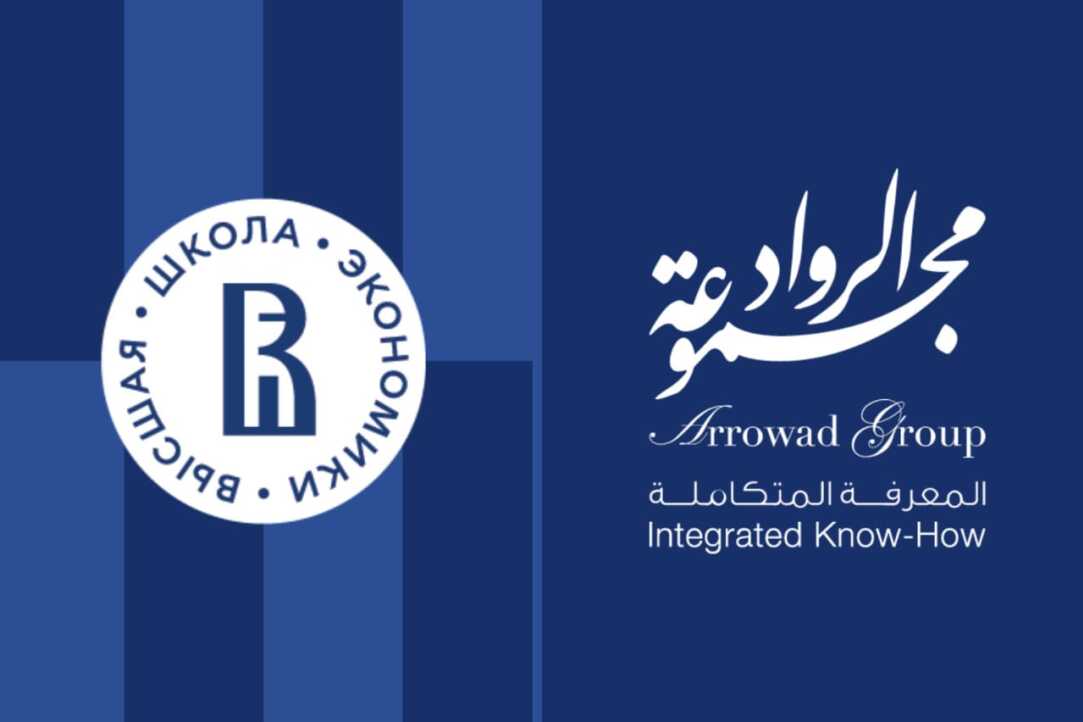
HSE University Partners with Prominent Saudi Holding in Landmark Cooperation Agreement
HSE University and the Arrowad International Group from Saudi Arabia signed an agreement on cooperation in research and education. The agreement will strengthen HSE's position in the Persian Gulf countries.
.jpg)
'Staying Open to New Challenges and Opportunities Is Crucial'
The Tenth BRICS Youth Summit was held in Ulyanovsk from July 22 to 26. The event was attended by more than 200 early-career professionals from Brazil, India, China, Egypt, Iran, the United Arab Emirates, Saudi Arabia, Ethiopia, South Africa, and Russian regions. Participants gathered to discuss current global issues and explore opportunities for youth collaboration. Students of HSE University who attended the Youth Summit shared their impressions with HSE University Life.
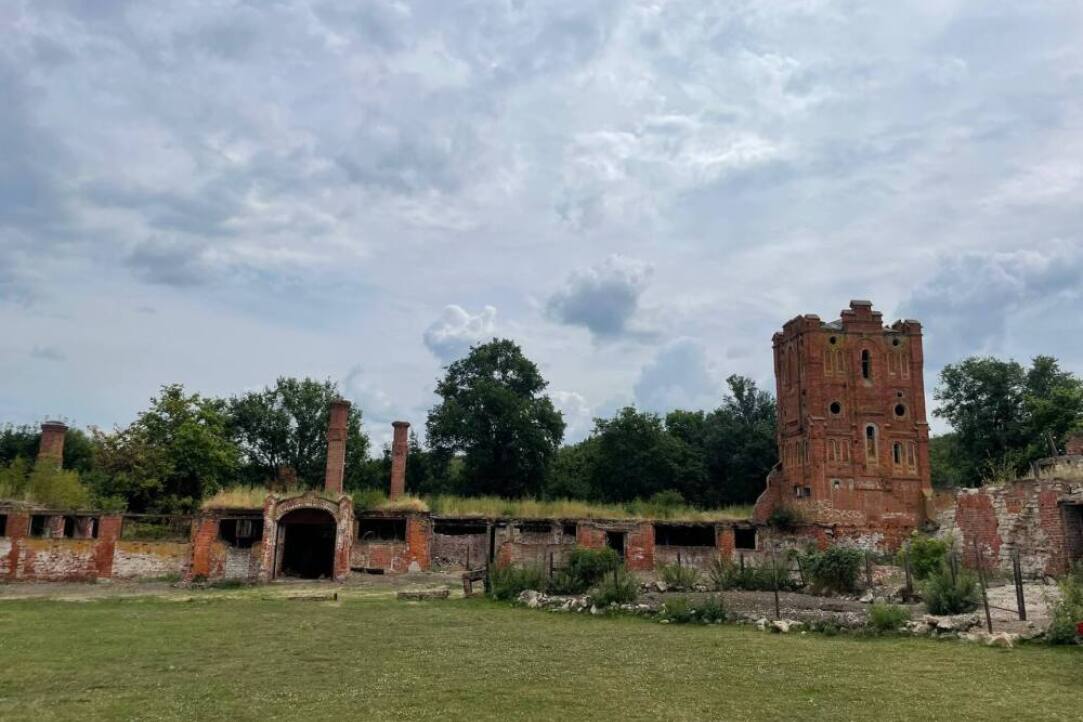
‘Rediscovering Russia’: HSE Students Create a Development Strategy for the Priklonsky-Rukavishnikov Estate
In mid-July 2024, 18 students from various HSE campuses (Perm, Nizhny Novgorod, Saint Petersburg, and Moscow) participated in an expedition to Nizhny Novgorod Oblast to develop elements of a promotional strategy for the Priklonsky-Rukavishnikov estate. This project was conceived as part of the School of Snow 3.0 inter-campus expedition and was the winner of the ‘Rediscovering Russia’ competition. We’d like to share the results of the expedition as well as the impressions of the participants.
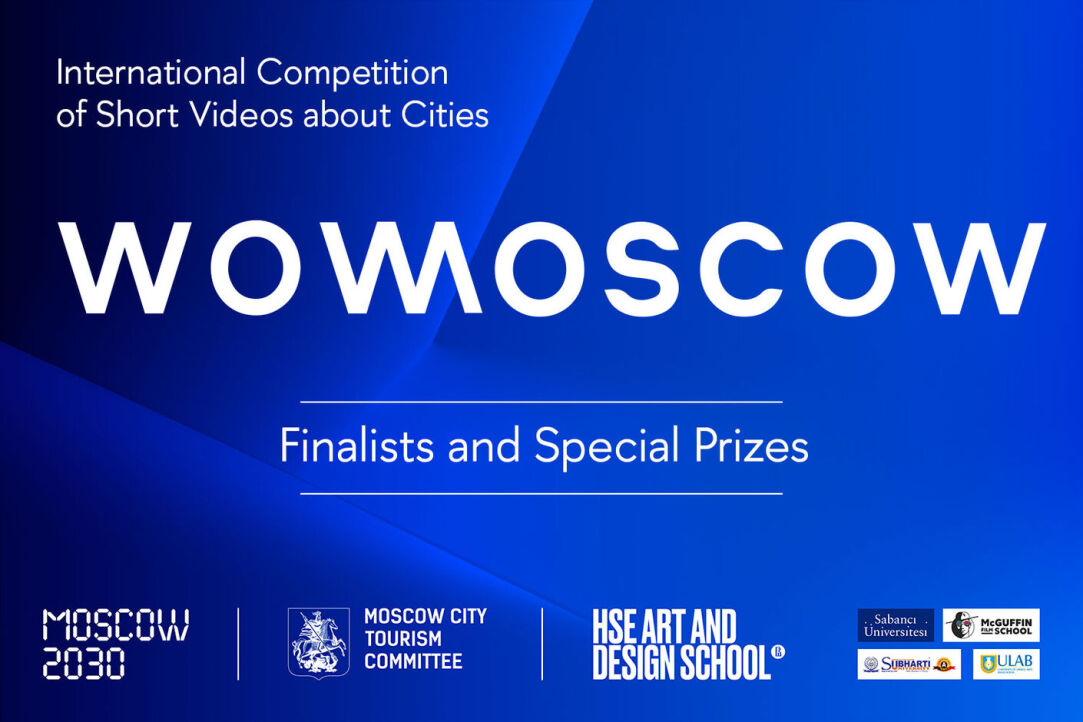
Participants in the International WOWMOSCOW Competition to Receive Special Prizes
The HSE Art and Design School has announced special prizes for the participants of the International Competition of Short Videos about Cities, WOWMOSCOW. On August 10, the finalists arrived in Moscow to participate in a film workshop and enjoy a cultural and educational programme. They presented visions of their future films to an international jury. On August 15, the winner of the International Competition of Short Videos about Cities will be solemnly announced.


Registration deadline - April 30